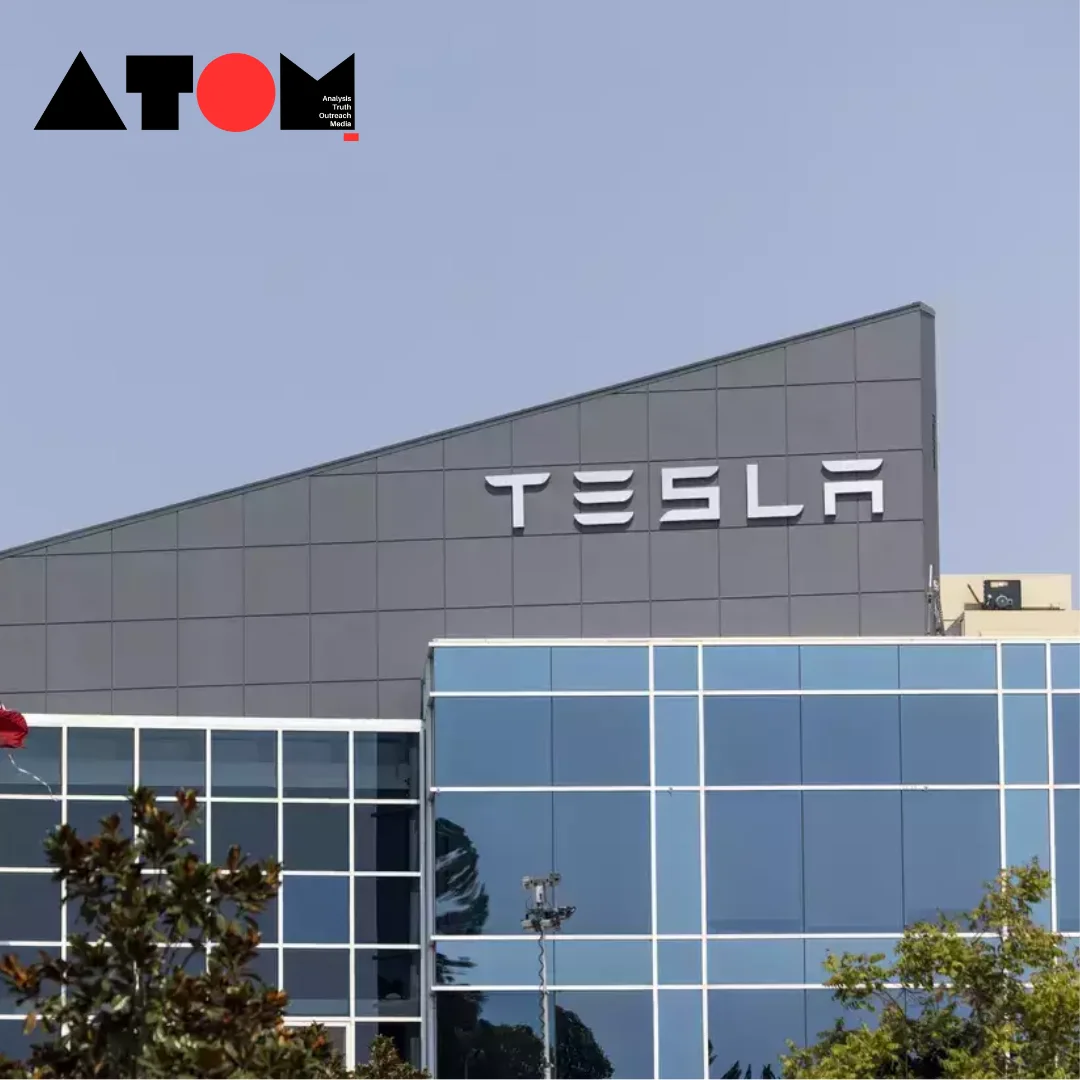In a recent development, Tesla, the pioneering electric vehicle company, has implemented significant layoffs in key departments such as software, service, and engineering. The decision, reported by tech publication Electrek and attributed to insider sources, followed the disbandment of Tesla’s EV charging department, which coincided with the company’s announcement of a global employment cut of more than 10% last month.
Contextual Overview
Tesla’s strategic move in labor allocation demonstrates the company’s continued attempts to optimize operations amidst changing market circumstances. Despite the company’s major accomplishments, such as the introduction of Full Self-Driving (FSD) technology, market penetration remains a difficulty, notably in China, a key market for Tesla.
Implications of Workforce Reductions
The decision to reduce software, service, and engineering teams indicates a strategy realignment focused at allocating resources to priority priorities. While Tesla’s stock rose modestly following the disclosure, the firm declined to comment immediately in response to Reuters’ questions.
Operational Realignment
Notably, Tesla’s employment reductions extend beyond individual departments and include sites in Texas, California, Nevada, and New York. The reorganization strategy shows Tesla’s proactive response to market factors, such as decreased sales and increased competition in the electric vehicle industry.
Strategic Focus on Autonomous Driving
Analysts predict that Tesla’s emphasis on autonomous driving software, robotaxis, and creative initiatives such as the humanoid robot Optimus may demand divesting from certain areas in order to spend resources more wisely. Tesla seeks to maintain its competitive advantage in the rapidly changing automotive industry by prioritizing investments in high-potential businesses.
Financial Ramifications
Tesla’s move to undertake layoffs is expected to result in huge costs, with forecasted expenses topping $350 million in the second quarter. This financial burden, combined with the departure of senior executives, highlights the scope of Tesla’s reorganization efforts and its dedication to fiscal discipline in the face of market uncertainty.
Market Response and Strategic Outlook
Tesla’s strategic realignment is consistent with the company’s overall aim of introducing new models by leveraging current platforms and production lines. Tesla aims to overcome the challenges created by changeable market conditions while preserving a solid basis for future growth by rationalizing spending and optimizing operational efficiency.
As Tesla adapts to changing market circumstances, recent employment cutbacks demonstrate a concerted effort to reallocate resources to strategic priorities. Despite ongoing obstacles, Tesla remains committed to innovation and sustainability, positioning itself for long-term success in the dynamically developing automotive market.
Read more: Marketing News, Advertising News, PR and Finance News, Digital News





